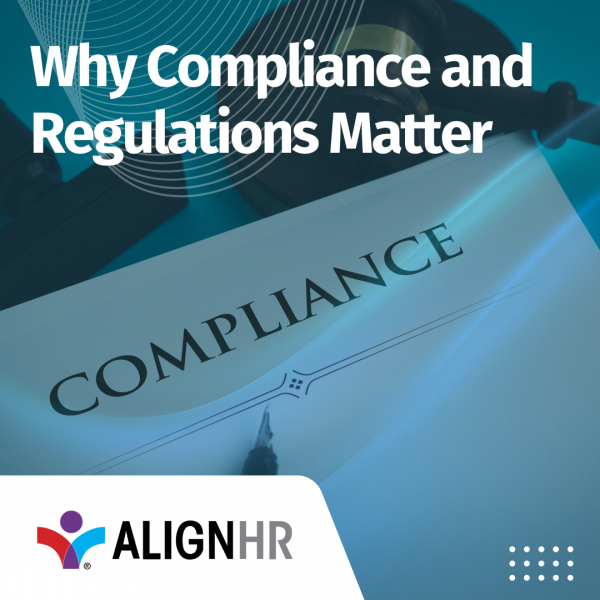
In today’s business environment, compliance and regulations play a critical role in ensuring that companies operate within the legal frameworks set by governmental authorities. These rules and guidelines are designed to protect consumers, employees, and the integrity of the marketplace.
However, keeping up with the ever-evolving landscape of compliance and regulations can be daunting for businesses of all sizes. This is where a strategic approach becomes essential, as non-compliance can lead to severe penalties, legal ramifications, and a tarnished reputation.
Compliance and regulations cover a broad spectrum of business operations, from employment laws and environmental standards to data protection and financial reporting. For businesses, adhering to these regulations is not just about avoiding fines but also about building trust with stakeholders, including customers, employees, and investors. In a world where transparency and accountability are increasingly demanded, businesses that prioritize compliance are better positioned to succeed.
Staying compliant with all relevant regulations is easier said than done. The complexity of regulatory requirements can vary significantly depending on the industry, location, and size of the business. For example, healthcare companies must navigate strict privacy laws like HIPAA, while financial institutions are bound by the rigorous standards of the Sarbanes-Oxley Act. Additionally, multinational corporations must comply with varying regulations across different countries, each with its own set of rules and enforcement practices.
One of the biggest challenges businesses face is the constant change in compliance and regulations. New laws are introduced, existing ones are amended, and enforcement practices are continuously updated. Keeping up with these changes requires dedicated resources and expertise, which can be challenging for companies that are already stretched thin managing day-to-day operations.
Furthermore, non-compliance can have serious consequences. Beyond the financial penalties, which can be substantial, there is the risk of legal action, damage to brand reputation, and loss of customer trust. In extreme cases, businesses may even face operational shutdowns until compliance issues are resolved. These risks underscore the importance of having a robust compliance strategy in place.
Given the complexities and risks associated with compliance and regulations, businesses must decide how best to manage these responsibilities. For many companies, this means dedicating internal resources to building a compliance team or department. These professionals are responsible for monitoring regulatory changes, implementing compliance programs, and ensuring that all employees understand and adhere to the relevant regulations.
However, not all businesses have the capacity to manage compliance in-house. For small and medium-sized enterprises (SMEs), the cost of hiring full-time compliance officers and the associated overhead can be prohibitive. In such cases, outsourcing compliance management to a trusted partner can be a viable solution. A Fractional HR company, for example, can provide the expertise and resources needed to stay compliant without the financial burden of maintaining an internal team.
Partnering with a compliance expert offers several advantages. These professionals bring specialized knowledge of industry-specific regulations, allowing businesses to focus on their core operations. They also provide ongoing support, helping companies navigate regulatory changes and avoid the pitfalls of non-compliance. Moreover, outsourcing compliance can be more cost-effective, as businesses can scale services according to their needs rather than committing to the fixed costs of full-time staff.
Another critical aspect of managing compliance and regulations is the role of technology. Advances in compliance software have made it easier for businesses to track regulatory changes, automate compliance tasks, and maintain accurate records. These tools can help reduce the risk of human error, streamline reporting processes, and provide real-time insights into compliance status.
For instance, compliance management systems can automatically update businesses on new regulations that impact their operations, ensuring that no critical changes are overlooked. Additionally, these systems can generate reports and documentation required for audits, reducing the time and effort needed to prepare for regulatory reviews.
Compliance and regulations are a fundamental aspect of doing business in today’s world. While the challenges of staying compliant can be significant, they are not insurmountable. By adopting a strategic approach to compliance—whether through internal resources, outsourcing, or leveraging technology—businesses can mitigate risks and position themselves for long-term success. Prioritizing compliance is not just about avoiding penalties; it’s about building a sustainable business that earns the trust of its stakeholders.
AlignHR is here to help businesses navigate the complexities of compliance and regulations. Our team of experts can provide the guidance and support you need to stay compliant while focusing on your core business goals. Contact us today to learn more about how we can help your organization succeed in a regulated world.